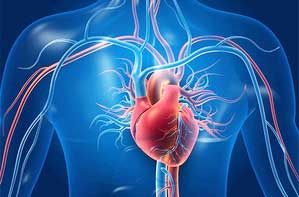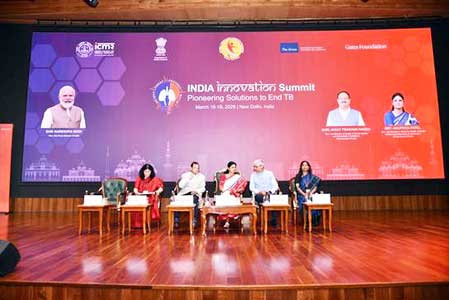While older age has been associated with an increased risk of SARS-CoV-2, the virus responsible for Covid-19, a new study has revealed that the lungs of young adults are more susceptible to the virus.
The study, which was posted on a preprint website and has not yet undergone peer review, showed that the lungs of older individuals are less susceptible to SARS-CoV-2 and flu virus replication compared to the young.
“In contrast to SARS-CoV-2, flu viruses replicate more efficiently in human alveolar cells, leading to stronger innate immune responses,” Dr Vipin M. Vashishtha, a member of WHO’s Vaccine Safety Net, said in a post on X.
“These findings indicate that the elderly are not more susceptible to respiratory virus infection than young people as a rational of elevated risk for severe disease by local viral replication only, but points towards other mechanisms such as immune-mediated pathogenesis,” he explained.
In the study, researchers from the University of Bern in Switzerland evaluated the influence of lung ageing on the efficiency of replication of influenza A virus (IAV) and SARS-CoV-2, as well as determined the pro-inflammatory and antiviral responses of the distal lung tissue.
Using precision-cut lung slices (PCLS) technology, used for respiratory research, from donors of different ages, and found that influenza viruses H1N1 and H5N1 replicated in the lung parenchyma with high efficacy.
Conversely, SARS-CoV-2 wild-type and delta variants replicated less efficiently.
While SARS-CoV-2 infection was not causing detectable cell death, influenza virus infection “caused significant cytotoxicity and induced significant early interferon responses,” the researchers said.
“These findings suggest that aged lung tissue might not favour viral dissemination, pointing to a determinant role of dysregulated immune mechanisms in the development of severe disease,” they said.






Indian pharmaceutical exports get reprieve from Trump’s reciprocal tariffs
Because of the importance of India’s pharmaceuticals to US healthcare, those exports will get a reprieve from President Donald Trump’s reciprocal tariffs, according to the White House.
New AI algorithm to predict risk of cardiovascular events, heart-related death
A team of researchers in South Korea has developed a novel artificial intelligence (AI)-based algorithm that uses electrocardiograph (ECG)2 data to predict the risk of cardiovascular events, and heart-related death.